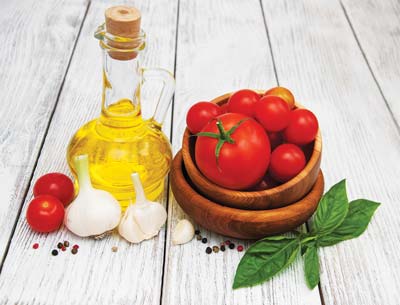



However, there is a clear absence of expertise on economic and sustainable development. Given that the bulk of the world’s vegetable oils – palm oil and soybean oil – is produced in the Global South, shouldn’t such expertise be deemed vital?
There is a fundamental reason why this needs to be the case. ‘Sustainability’ in the European context is often narrowly defined in environmental terms. The UN takes the broader approach – it defines ‘sustainable development’ as also involving the social and economic aspects. The French Commission is not currently set up to consider this.
This is not the Commission’s only weakness. Its eventual recommendations will be turned into a de facto standard that can be used by France in its regulations and in restricting imports.
Yet, the Commission’s members do not include a technical expert on international standards and conformity. That this is not considered vital is indication that the process is already politicised, and should be of major concern to palm oil producers.

Foregone conclusion?
Compare the French process to that of the Roundtable on Sustainable Palm Oil (RSPO), now the largest international palm oil certification system. The RSPO standard took years to develop, through a multi-stakeholder process that included producers, purchasers, processors and NGOs.
Although the RSPO standard is not perfect as a certification system and does not follow best practice in terms of standards and conformity, it does at least attempt to address the concerns of all major stakeholder groups through a structured process.
The Commission in France does not look like a serious attempt to deliver a credible sustainability recommendation. The terms of reference are yet to be released. Methods for stakeholder input are yet to be made public. Valuable fields of expertise have been overlooked entirely.
Instead, the Commission looks like a Potemkin process set up to justify a pre-determined outcome – that palm oil imports will be restricted, and taxes on the commodity will be increased.
It will only go through the motions – a trip to Malaysia and Indonesia is being planned, so that the members can see the situation on the ground in relation to palm oil production. But neither country should be fooled, as French Ministers have openly admitted they are seeking a new tax on palm oil. The Commission is merely the vehicle for delivery of that goal.
France’s intended action should also be of concern to the EU’s trade directorate. It is no secret that European trade policy is in disarray. The EU is attempting to negotiate free trade deals with Malaysia and Indonesia. Unilateral moves by member-states would only undermine good-faith negotiation.
Brussels had issued a warning to France over its last attempt to penalise palm oil. Is it prepared to do so again?
MPOC
Pages : 1 2